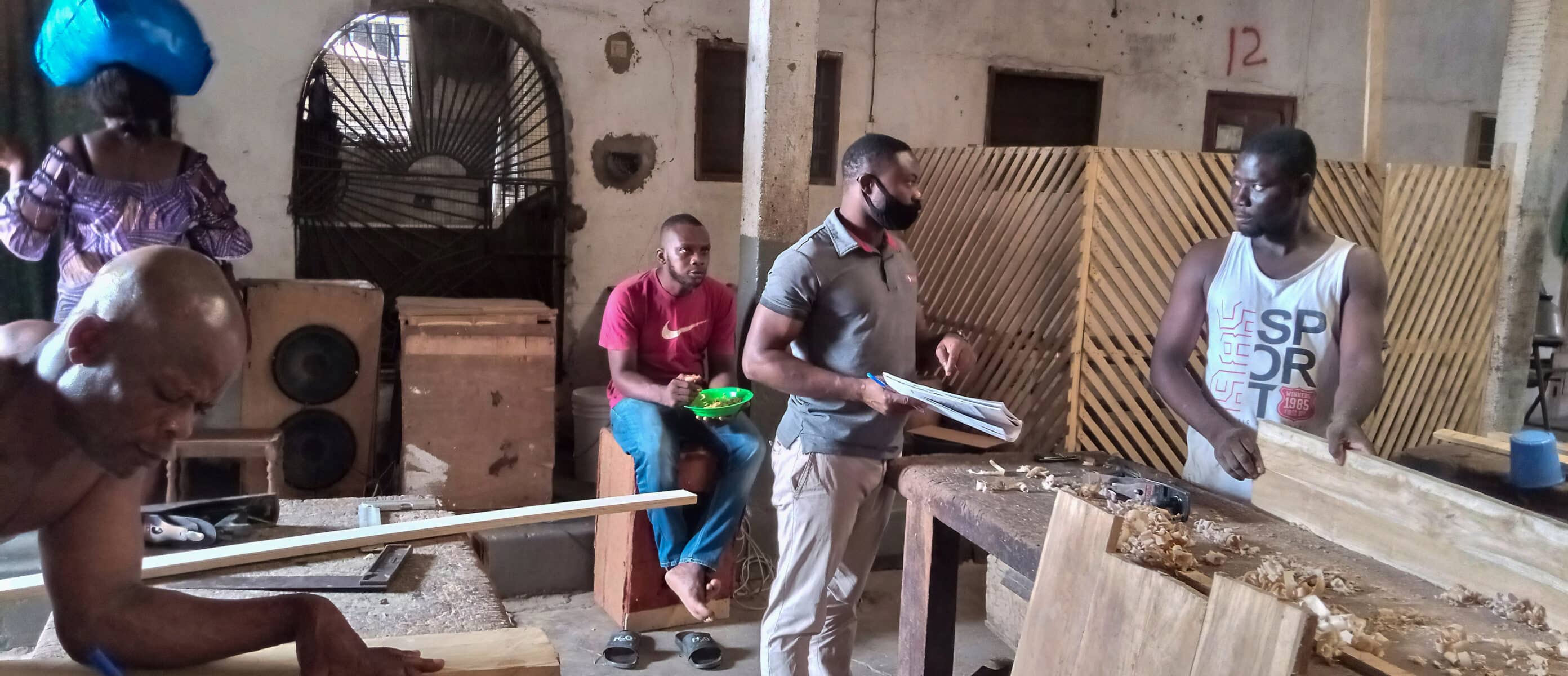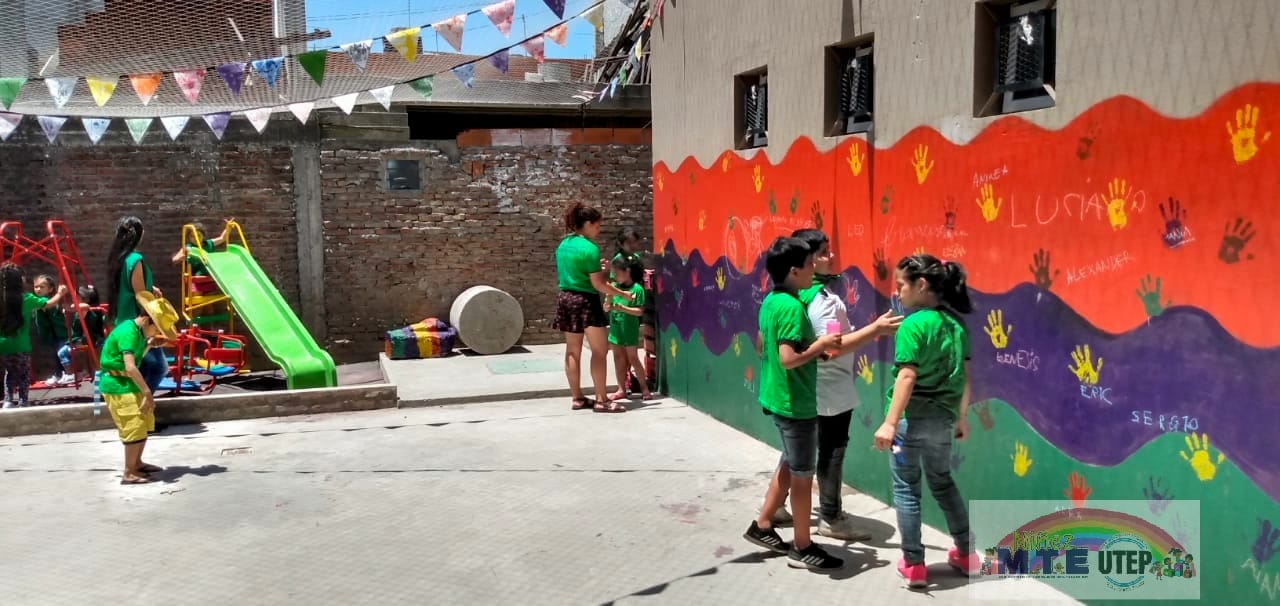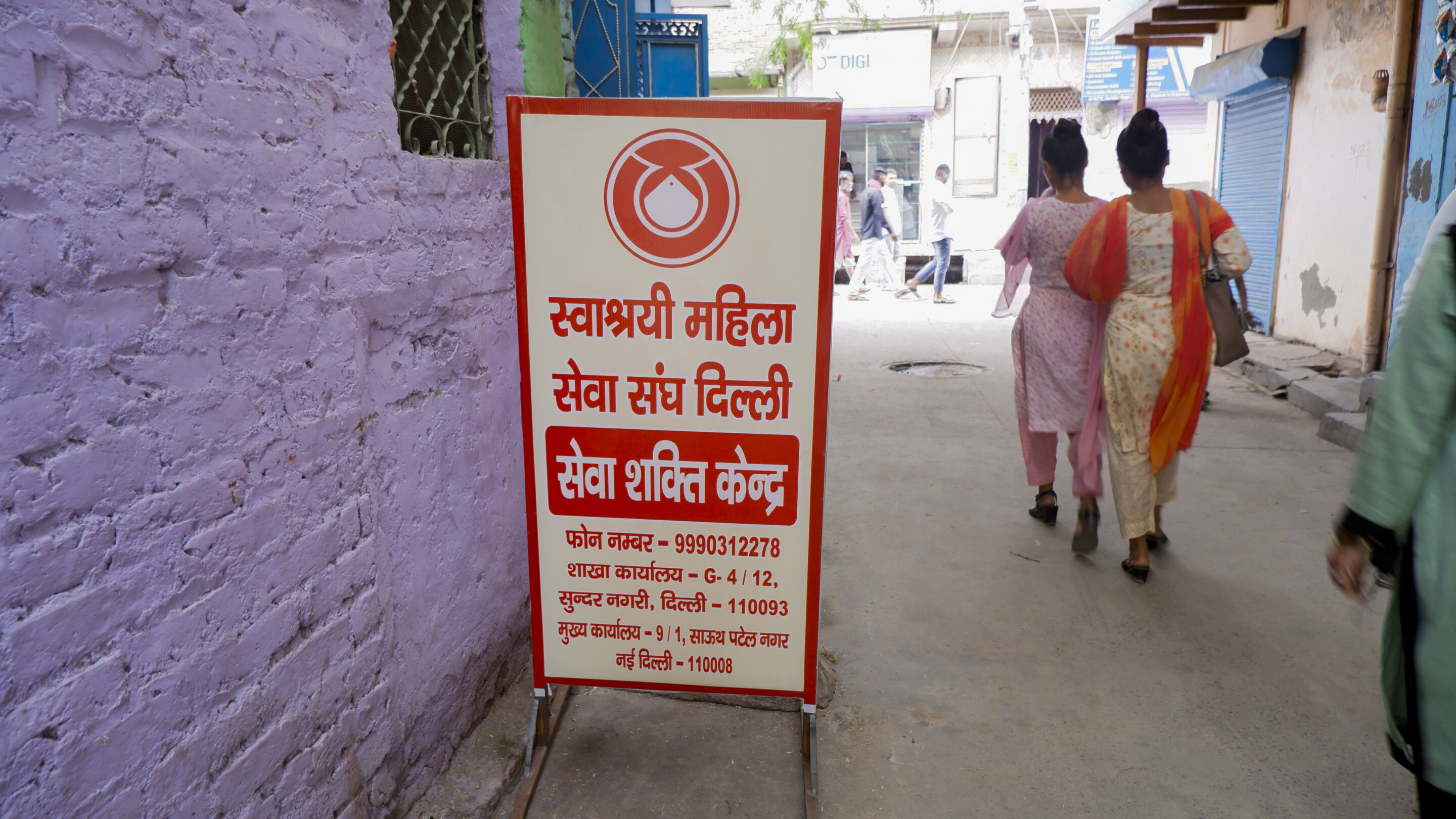In the absence of state-provided social protection, workers in informal employment are creating coverage for themselves. Through organizing themselves into cooperatives and other social and solidarity economy (SSE) entities, they find ways to access the basic services that have always been available to their counterparts in formal employment – and that would be out of their reach as individuals.
Cooperatives meet their members’ needs for healthcare, childcare centres near places of work, pensions and occupational-risk insurance in several ways. They develop the services themselves, facilitate access to existing public or private services, facilitate access to services already offered by other SSE entities, or create services that can be used alongside existing services.
These examples – from the Self-Employed Women’s Association of India (SEWA), the Social Protection Scheme for Workers in the Informal Sector (MUPROSI) in Togo, and the Unión de Trabajadoras y Trabajadores de la Economía Popular (UTEP) in Argentina – show how cooperatives in different geographic regions are meeting their members’ needs in the areas of healthcare and childcare.
Digital literacy forms part of cooperative healthcare support in India
The Self-Employed Women’s Association (SEWA) – which has 3.2 million members across 18 states in India – has 23 Shakti Kendra or empowerment centres across the country. Run by a community of supervisors, volunteers and community health workers, the centres were started by the Lok Swasthya SEWA Trust, which develops its own health and childcare cooperatives to provide services to SEWA members in areas where state provision is weak or non-existent.
Shakti Kendra centres are in the neighbourhoods where women live and work and are focal points of information on the government’s healthcare and other social protection programmes. This involves digital literacy: uploading documents, filling in various forms online, using WhatsApp to send documents, and more.
Women workers in informal employment are involved in every step of all SEWA cooperatives’ activities – from designing the services, and implementing and monitoring them, to holding dialogues with government and private service providers.
Among SEWA’s achievements is creating cooperatives that run pharmacies offering low-cost allopathic medicines as well as Ayurvedic treatments. Four of these women-run pharmacies are in Ahmedabad, with two open to the public 24 hours every day. The pharmacies complement state health services, and the cooperatives facilitate access to state services.

MUPROSI members in December 2020. Photo courtesy of Nakmak Douti and Abdou-Rakim Bouraima
In Togo, modest healthcare packages bring some relief
In Togo, where workers in the informal economy – an estimated 93% of the country’s workforce – are excluded from the state’s social protection provisions, worker associations and allies have set up community or trade union health mutuals. While the healthcare packages are modest, the members welcome the relief this brings when they most need it.
MUPROSI – one of 29 health mutuals in Togo – was initiated by the Federation of Wood and Construction Workers of Togo (FTBC-Togo), under the leadership of one of its active members: Le Syndicat des Vendeurs de Matériaux de Construction du Togo (SYVEMACOT). It was launched with a statute, bylaws and an executive board in 2006 and operates as a social, non-profit association based on mutual aid and solidarity. Among its objectives are to guarantee access to high-quality healthcare to its members and gradually establish a wider social protection system. Most beneficiaries are in Greater Lomé. By 2022, MUPROSI had registered 1,231 direct members – 518 women and 713 men – with a further 4,269 beneficiaries who are dependants of members.
The health conditions MUPROSI covers include malaria, diarrhoeal and respiratory diseases, trauma and minor surgery, emergencies, and prenatal consultations and childbirth (excludes caesarean section). It also covers generic drugs from the health centres it has contracts with. The mutual’s coverage is limited to three claims per member and family per year and requires that members are up-to-date with their contributions.
The analysis of MUPROSI formed part of a WIEGO and StreetNet International study of worker-led schemes in Togo, Nigeria and Uganda, which found that – in the context of weak formal protections for workers – SSE entities help in meeting their members’ social protection needs.

One of Argentina’s Children’s Leisure and Learning Centres, which are set up as cooperatives. Photo courtesy of MTE-UTEP
Childcare centres in Argentina are life-changing for women who work late
In Argentina, women in informal employment were key to setting up childcare centres as cooperatives. UTEP established the Children’s Leisure and Learning Centres (Centros Infantiles de Recreación y Aprendizaje, CIRA) in the early 2000s together with El Movimiento de Trabajadores Excluidos (MTE) and the Che Pibe Foundation.
Twelve CIRA centres in four provinces – Corrientes, Córdoba, Chubut and Buenos Aires – provide care to more than 870 families. They cater to children between the ages of 6 weeks and 15 years whose parents work as garment workers, construction workers, community workers, street vendors and waste pickers.
With the success of these worker-run and -owned childcare cooperatives in enabling parents in the informal economy to work more effectively and grow their incomes – and in providing high-quality education – the cooperatives began to receive some support from public childcare systems.
A critical difference between these childcare centres and many others is that they provide a safe space beyond conventional working hours. Most waste pickers work in the evenings, when businesses are closed and recyclables can be collected. Having access to the CIRA centres means that women in informal employment are no longer forced to leave their young children at home unattended, take them along to work, or stay home to provide care at the cost of their own incomes.
The social community arm of MTE-UTEP also manages 750 soup kitchens throughout Argentina. Most of the kitchens facilitate art workshops, offer school tutoring and organize sports for children and adolescents.
This is the second blog in a series to mark the United Nations Year of the Cooperative, where WIEGO highlights the ways in which SSE organizations support workers in informal employment.
